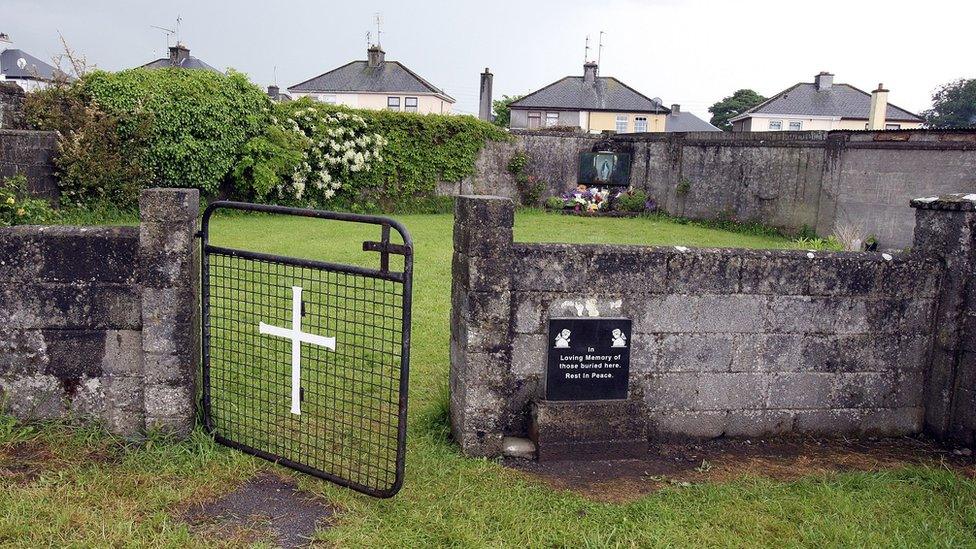Church of Ireland in mother-and-baby home apology
- Published
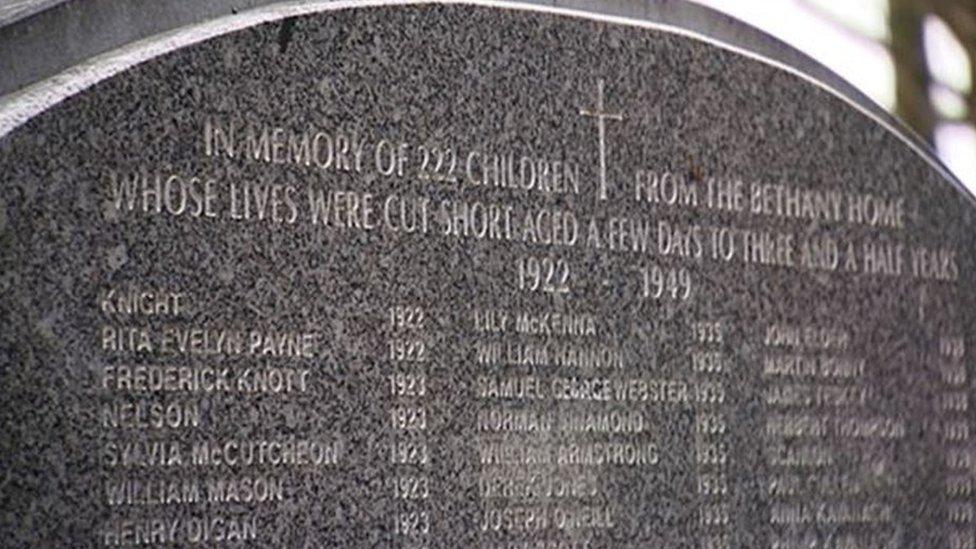
The Bethany Home in Dublin was run "under a Protestant ethos", but independently managed, Church leaders say
The Church of Ireland has apologised for its role in "shaping a society" that led to mother-and-baby homes.
It follows calls for the Church to apologise for its involvement in Dublin's Bethany Home.
But the Church of Ireland said it neither owned nor managed the home.
Mother-and-baby homes housed women and girls who became pregnant outside marriage in the 19th and 20th Centuries; 9,000 children died in the 18 institutions under investigation.
Bethany Home was included in the investigation into Ireland's mother and baby homes that found an "appalling level of infant mortality".
'We must all feel ashamed'
A total of 262 children associated with Bethany died; almost one in 10 women at the home was from Northern Ireland.
A chapter of the report says Bethany Home was run by a committee of clergy from several Protestant churches, including the Church of Ireland, and lay people before it closed in 1971.
In a statement on Friday, Church of Ireland leaders acknowledged members were complicit in a culture of hypocrisy and judgment that stigmatised women and children.
Referring to mother-and-baby homes as "deserts within our community", Archbishop of Dublin Dr Michael Jackson and Archbishop of Armagh John McDowell said "we must all feel ashamed" for the environment that "drove so many women and children to them".
But they maintained the Church did not have a "governance link" with Bethany Home, saying that while it operated "under a general Protestant ethos", it was "independently managed".
"We acknowledge with shame that members of the Church of Ireland were complicit, as with the rest of society at that time, in a culture of hypocrisy and judgement which stigmatised women and children and endangered their health and well-being," said the archbishops.
"We are sorry and apologise for the role that our church played in shaping a society in which unmarried women and their children were treated in this way. They deserved much better.
"Everyone who has read this report and related coverage can only be moved on behalf of the women and children whose stories are told within it.
"This is a sombre time for us all."
'Terrible mark'
The report, released on Tuesday, found a very high rate of infant mortality "was a common feature of all mother and baby homes until the late 1940s, and Bethany was no exception".
Paul Graham said the Church was a key player in Bethany Home, which was officially opened by the Church of Ireland Archbishop of Dublin
The Irish government said the report revealed the country had a "stifling, oppressive and brutally misogynistic culture".
Earlier on Friday, Irish President Michael D Higgins described mother-and-baby homes as a "violation of fundamental rights".
Survivors had called on the Church of Ireland to acknowledge its role in the institutions, after apologies from the Irish government and Catholic Church.
Paul Graham, whose birth mother was from County Tyrone and who was later adopted by a family from Northern Ireland, said his early experience in Bethany Home left a "terrible mark" on his life.
Mr Graham said the Church was a key player in the home, which was officially opened by the Church of Ireland Archbishop of Dublin at the time.
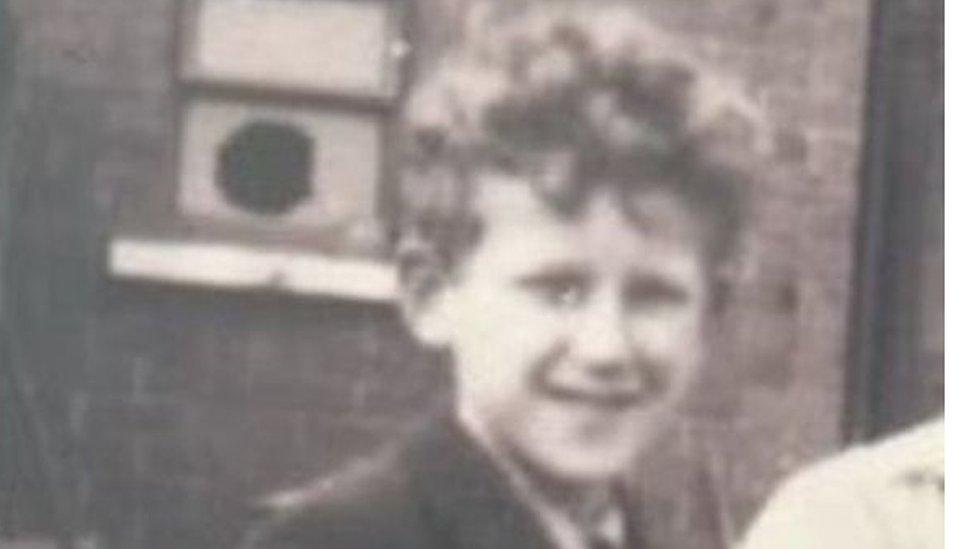
Paul Graham, seen here as a child, returned to Northern Ireland to investigate the circumstances of his childhood in 2019
The report says the home, which opened in 1922, was an amalgamation of two previous charities "associated with the Church of Ireland", although their services were open to any women.
The report found that "a dominant influence on the management committee and, consequently, on the ethos of Bethany (particularly in its first decades of existence), were those members who were associated with the Church of Ireland's Society of Irish Church Missions to the Roman Catholics (ICM)".
- Published15 January 2021
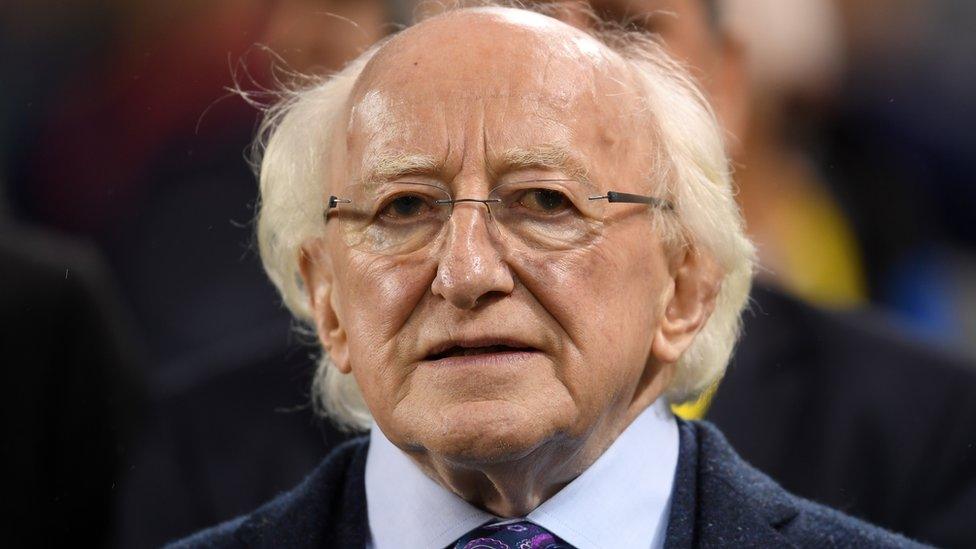
- Published13 January 2021
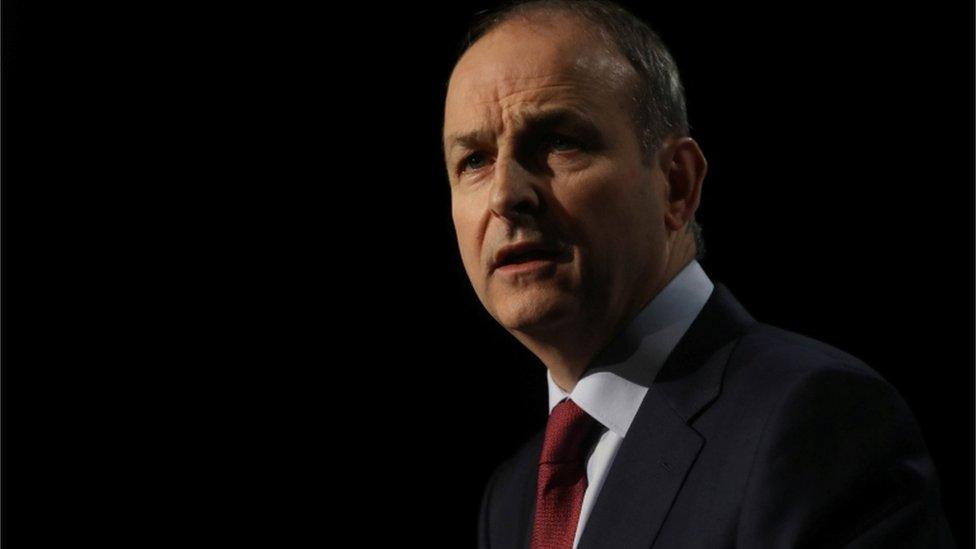
- Published13 January 2021
